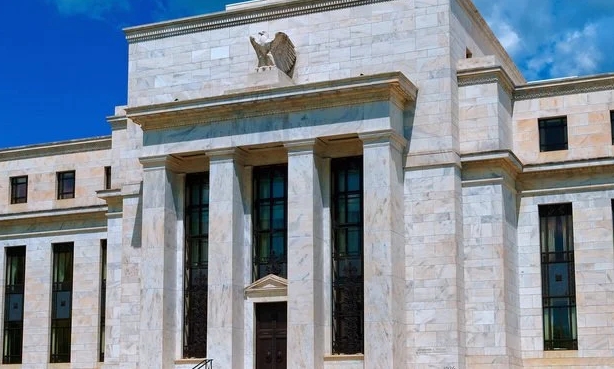
Early last month, four of the big financial regulatory agencies—Office of the Comptroller of the Currency, Treasury; Federal Deposit Insurance Corporation; and National Credit Union Administration—published in the Federal Register a proposed change to a 2009 policy addressing commercial real estate loan accommodations and workouts.
Now the Federal Reserve published its version of the policy, with a comment period ending on November 14, 2022.
“The proposed statement would build on existing guidance on the need for financial institutions to work prudently and constructively with creditworthy borrowers during times of financial stress, update existing interagency guidance on commercial real estate loan workouts, and add a new section on short-term loan accommodations,” the proposal said. “The proposed statement would also address recent accounting changes on estimating loan losses and provide updated examples of how to classify and account for loans subject to loan accommodations or loan workout activity.”
It’s identical to the previously published one as the proposed statement was developed jointly by the Board, the Office of the Comptroller of the Currency (OCC), the Federal Deposit Insurance Corporation (FDIC), and the National Credit Union Administration (NCUA) in consultation with state bank and credit union regulators.
The original 2009 statement came in the aftermath of the Great Recession and massive shakeout in real estate, among other things. The current proposed version incorporates experience of the pandemic and the extensive number of modifications that occurred as businesses were forced to shut down, leaving many owners and investors in a pickle.
The proposed statement continues support for two key original principles. One, lending institutions implementing “prudent CRE loan accommodation” won’t be subject to criticism for doing so, even if there are weaknesses in the modified loans. The second, if the borrower has the ability to repay under reasonable terms, the modified loans won’t face adverse classification because the value of the collateral is less than the loan balance.
A new section on short-term loan accommodations identifies such arrangements as tools “to mitigate adverse effects on borrowers and would encourage financial institutions to work prudently with borrowers who are or may be unable to meet their contractual payment obligations during periods of financial stress.”
There are also sections on changes in GAAP accounting standards since 2009 and CRE workout examples.
It could be that the regulators are planning ahead. For years before the pandemic hit, the Fed had pushed low interest rates in an attempt to stimulate the economy. This has led to many in real estate, especially relatively new to the industry and without extensive previous experience, making use of leverage in ways that are problematic under the higher interest rates the Fed has instigated to head off inflation. Many in CRE have recently told GlobeSt.com about seeing lenders tighten underwriting standards as projects come up for refinancing and can’t find anything at nearly the rates that originally made the finances viable. There may be a wave of modifications and workouts that become necessary.
<< Back

 So cal multifamily broker
So cal multifamily broker